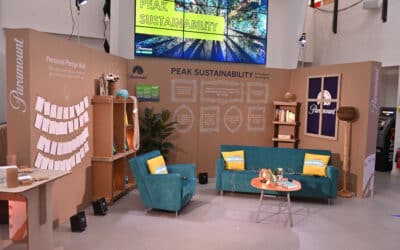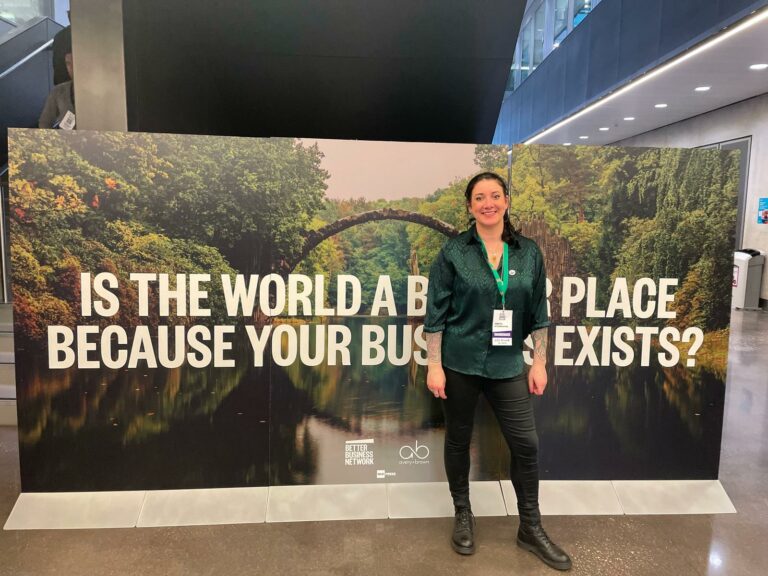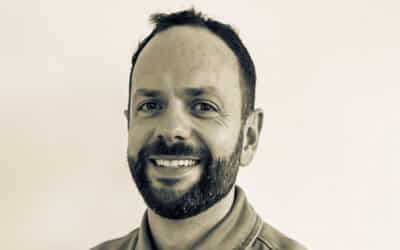Outdoor clothing giant Patagonia has warned of a rise in greenwashing by creative brands at an event in Manchester.
Speaking at the inaugural Better Business Summit, held at Manchester Metropolitan Business School, Patagonia retail manager Luke Broster said: “We see greenwashing more frequently as brands try to cash in on a movement to boost short-term sales.
“At Patagonia we produce clothing and saving our planet informs every business decision that we make. But we are very transparent in saying that what we do isn’t ‘fully sustainable’, instead we try to do what we do as responsibly as we can.
“Part of that is developing new technologies to reduce waste and then sharing that technology with other brands and manufacturers to benefit from. It’s not just for Patagonia’s use, we want other outdoor manufacturers to use it too.”
The issue was discussed by hundreds at the event, which brought together 350 business leaders with brands such as Faith in Nature and 1% For the Planet. It was organised by Hannah Cox (pictured) founder of betternotstop, a Manchester-based sustainable impact agency.
Greenwashing is where businesses may be doing things harmful to the environment behind the scenes whilst pledging to care about climate change to customers.
She said: “We’re now seeing corporate brands, with huge PR and marketing budgets, win over customers based on their ethical stances and sustainability goals. One of the biggest challenges is figuring out which businesses are truly value-driven and which only care about using the green agenda to boost profits.
“Sometimes it is clear cut, such as firms like P&O sacking hundreds of people over video call compared to Patagonia who devote hundreds of millions to non-profit organisations. But it’s not so clear when HSBC is being called out by the ASA for greenwashing around carbon emissions. Or when Shein has a sustainability policy, but remains one of the highest polluting fashion brands based on a model of overconsumption.”
Delegates at the event were offered tips on how to steer away from labels of greenwashing, such as authentic initiatives behind the scenes – not just for the camera.
Luke Broster added: “Make sure you have consistency in your approach and that it’s not always made into a marketing exercise. You don’t need a photographer there to shout about what you’re doing if it is authentic.”









